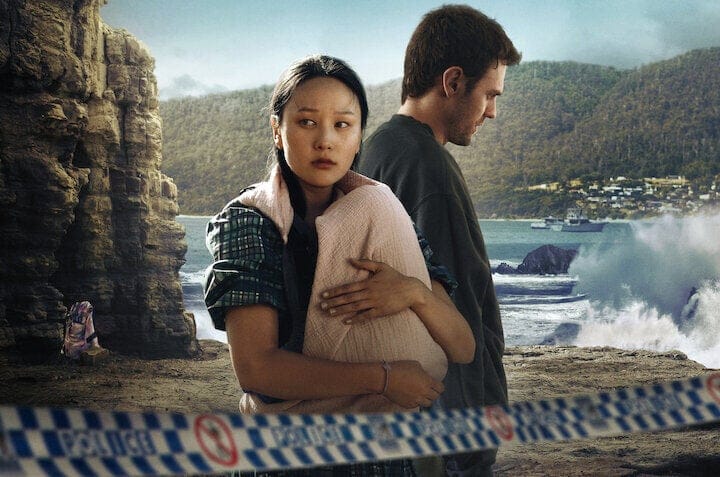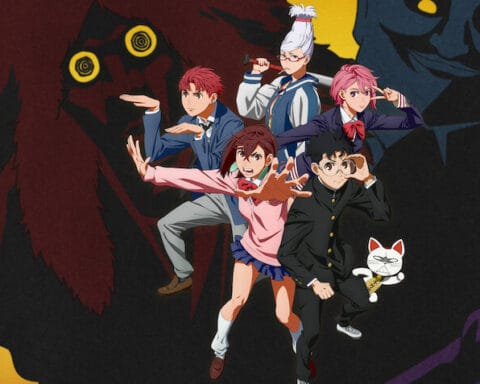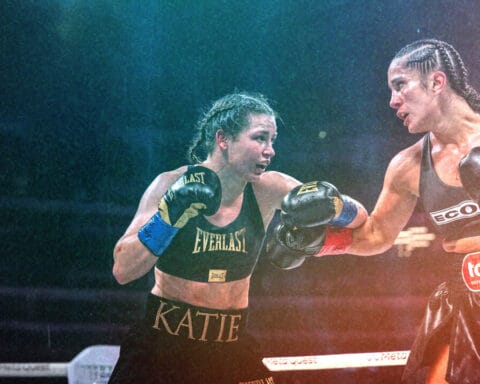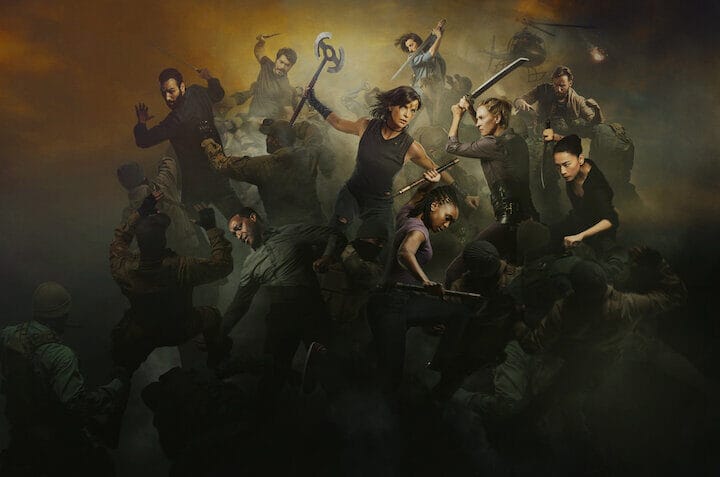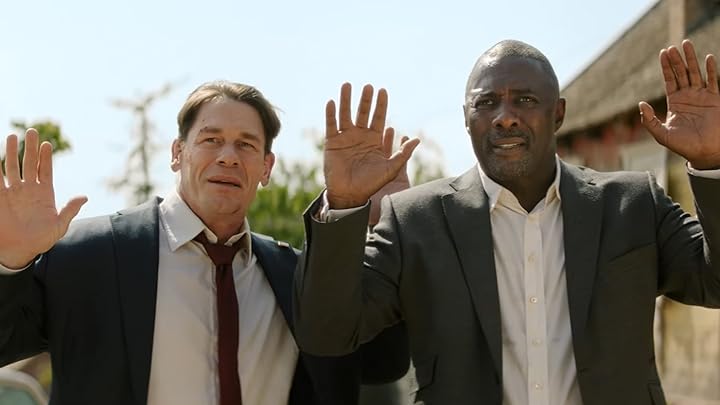A Clockwork Orange is a movier directed by Stanley Kubrick (Full Metal Jacket) in 1971. It stars Malcolm McDowell, Patrick Magee and Michael Bates.
A Clockwork Orange is a 1971 science fiction film directed by Stanley Kubrick, based on the Anthony Burgess novel of the same name. It follows Alex (Malcolm McDowell), a charismatic young criminal who undergoes an experimental form of rehabilitation in order to be released from prison early. Despite being lauded as a technological breakthrough, the program has deep moral implications and ultimately proves more harmful than beneficial.

The film is set in a dystopian future society where violence is rampant and citizens are desensitized to it. Alex leads his “droogs”, or gang, into a series of assaults and robberies. He enjoys engaging in acts of extreme violence, such as beating homeless people with canes and engaging in rape. After being arrested for murder, he volunteers to take part in an experimental rehabilitation process known as Ludovico Technique. The process consists of conditioning him through psychological techniques and administering drug-induced nausea when attempting violent actions. As a result, Alex loses his capacity for violence but also becomes unable to defend himself against attacks by those he once terrorized.
The film has achieved iconic status due its bold visual style and themes on free will and morality that are still debated today. Kubrick’s use of classical music serves as an effective contrast to the brutal imagery onscreen, while McDowell gives an electrifying performance as the likable yet terrifying protagonist. The film has been praised for its depiction of controversial topics like government control over citizens’ behavior and freedom of choice, making it one of the most significant works of science fiction cinema ever made.
A Clockwork Orange demonstrates how technology can have unforeseen consequences on individuals and society at large when used incorrectly or without proper consideration for its potential repercussions. The powerful effects that Alex’s treatment had on him make it clear that even technological innovations thought to be beneficial may have disastrous results if not handled with care. In addition, the film presents complex questions about morality: should we strive to do what is morally right regardless of personal cost? Or should we prioritize our own well-being over moral principles? A Clockwork Orange offers no easy answers but encourages us to think critically about these difficult questions nonetheless.

Introduction
A Clockwork Orange is a controversial and highly influential film that has been embraced by both fans and critics since its initial release in 1971. The story, set in a dystopian future, follows the violent misadventures of 15-year-old Alex and his gang of teenage delinquents.
The movie is renowned for its unique visual style, which includes wide-angle lenses, dramatic lighting, and dizzying camera angles. It also features a powerful soundtrack that blends classical tunes with futuristic electronic music.
A Clockwork Orange has been celebrated for its thought-provoking exploration of morality and free will, but it has also been criticized for its apparent glamorization of violence. In this article, we will delve into the world of A Clockwork Orange to explore what makes it so controversial.
What Is the Plot of a Clockwork Orange?
As you explore the controversial world of A Clockwork Orange, you are taken into the near-future of England, where freedom and youth have a powerful influence on society. Through the eyes of 15-year-old Alex, you enter a world of violence that often goes unchecked and without consequence. Alex and his “droogs” commit heinous acts against their victims while displaying a lack of remorse.
From its drug-filled parties to its ultra-violent gang fights, A Clockwork Orange paints a startling picture of youth gone wild—one that brings forth uncomfortable questions about personal responsibility and morality.
The main plot follows Alex as he is arrested for murder and sentenced to prison, only to soon after be chosen to undergo an experimental rehabilitation program that could restore him as an upstanding citizen. Beyond the prison walls, he must face his own internal struggles with morality as he grapples with his desire for freedom versus his conscience’s need for stability.
Throughout this unnerving journey into a dystopian landscape, one thing is certain: A Clockwork Orange is sure to leave you with plenty to ponder long after its conclusion.
Stanley Kubrick’s Directing Style
Stanley Kubrick’s directing style for A Clockwork Orange is a controversial one – combining a mix of classical music with bold, brutal images. The film opens with Alex’s gang joyfully singing their song ‘Singin’ in the Rain’ whilst wearing stylized masks and uniforms, this is immediately followed by a graphic rape-scene. The contrast between the two creates uneasy feelings in the viewer and sets the tone for the rest of the movie. The main protagonist, Alex, uses Beethoven’s “Ode to Joy” as his own theme music throughout the film, furthering the notion that this is a story about humanity’s ability to seek joy out of suffering and destruction.
Kubrick also incorporates elements of long-take sequences into his direction for A Clockwork Orange. This visual technique emphasizes details that are often lost in traditional editing styles – allowing us to really see every moment. One example is found when Alex visits his parents as an “angel” to apologize for his past misdeeds. We witness every facet of emotion throughout their short conversation; their surprise at seeing him, their confusion at not understanding what he means by “poezdka”, and finally the painful realization that he can offer nothing but emptiness and more destruction.
Overall, Stanley Kubrick directs A Clockwork Orange with a unique blend of poignancy and brutality that doesn’t allow viewers to simply view events as right or wrong – but instead leaves them questioning how they might feel were they ever put in such situations.
Analyzing the Themes of the Movie
A Clockwork Orange features a variety of themes, from free will to ultraviolence and the brutality of modern society. These themes can often be seen as controversial, but can also create discussions on how violence is represented in our society today.
The movie illustrates the idea of free will through protagonist Alex’s actions. Alex is portrayed as an individual who has full control over his own decisions, even though he plays a role in perpetuating the violence he is surrounded by. This shows that while it is ultimately up to individuals to choose how they want to act in any given situation, those choices may still have consequences for their own lives and those of others.
On the other hand, A Clockwork Orange also examines the power structures that exist within society, which can often be seen as oppressive and unjust. It presents an exploration of how violence persists in our culture despite attempts by authority figures to control it with law enforcement or social interventions. The film also questions how much freedom an individual should have when it comes to expressing themselves through violent behavior.
Moreover, A Clockwork Orange also serves as an exploration of morality and what constitutes good versus evil in today’s world. In this way, the film raises important questions about ethical considerations when evaluating our own choices and those of others.
Exploring the Controversy and Debate Around a Clockwork Orange
To this day, A Clockwork Orange remains a controversial topic. It has been both praised and criticized for its explicit content and extreme violence. At the same time, the story has captivated audiences with its exploration of free will and morality.
On one side, many people take issue with A Clockwork Orange‘s graphic violence and what they deem to be immoral messages. While on the other hand, fans of the film argue that it is a necessary wake-up call that forces us to think about our own morality:
- Does a person have the right to choose their own moral direction?
- Can someone be ‘reprogrammed’ so as to lose choice in order to fit into society?
- Is an individual capable of making moral choices outside of imposed laws or societal norms?
These questions—and the complexity of their answers—are at the heart of A Clockwork Orange’s ongoing controversy. Through its characters and story, it serves as a moral puzzle that begs for discussions about our own personal ethics.
Adapting Literature Into Moviemaking
The world of cinematography has often explored the controversial, and Stanley Kubrick’s film adaptation of Anthony Burgess’ A Clockwork Orange is no exception. Adapting a work of literature into a movie is not an easy feat, but Kubrick was able to capture the essence of the novel and bring it to life with a stark visual style.
The film follows Alex (Malcolm McDowell), the teenage leader of a violent gang in a dystopian future. He eventually gets arrested and sent to prison, where he undergoes an experimental form of rehabilitation involving aversion therapy. He then faces a difficult decision between his newfound morality and his old criminal lifestyle.
Kubrick was able to do something extraordinary with this film: capture the spirit of the book while making creative changes to truly make it his own work of art. He masterfully incorporated stylized imagery involving music, color, and motion that provide insight into Alex’s internal struggle between good and evil.
This unique approach to filmmaking enabled Kubrick to create an iconic movie that conveys the themes from Burgess’ novel on an entirely new level—a level that challenges viewers’ views on morality and humanity in ways that no other film could do.
Discussion and Modern Interpretations of a Clockwork Orange
A Clockwork Orange is a polarizing film, to say the least. The complex and often controversial issues presented in the movie have been endlessly debated since its release in 1971.
From discussions of the ethical implications of a government using behavior modification methods to control citizens, to themes of morality and free will, A Clockwork Orange has sparked discussion and debate across generations.
Religious Interpretations
The movie has been interpreted through a religious lens, with some viewers arguing that it is an allegory for exorcism, while others view it as an exploration of original sin and mankind’s struggle against his own depravity.
Political Perspectives
Viewers have also argued that A Clockwork Orange serves as a criticism of totalitarian governments, with themes such as free will serving as an indictment of oppressive regimes. Others point out that the film explores the idea that sometimes violent solutions are necessary in order to effect real change.
No matter which interpretation one chooses to believe, A Clockwork Orange is sure to spark conversation and debate about difficult topics long after its release.
Conclusion
A Clockwork Orange is a controversial film that continues to generate heated debates to this day. It captures a society rife with crime and violence that is constantly navigating a paradox between free will and oppressive control. Stanley Kubrick’s bold direction, together with Anthony Burgess’s potent themes, create a tense and uncompromising view of a brutal, surreal world. No matter what one’s opinion might be in regards to A Clockwork Orange, its legacy resonates through time and will continue to do so for the years to come.
The Cast
Malcolm McDowell
Malcolm John Taylor was born on June 13, 1943 in Horsforth, West Yorkshire, England, United Kingdom.
You can see him in a new movie that releases this year, She Will (2022).
Malcolm McDowell (born Malcolm John Taylor; 13 June 1943) is an English actor, producer, and television presenter. He is best known for his boisterous, charismatic and villainous roles. He was born in the Horsforth suburb of Leeds and raised in Liverpool. He later trained at the London Academy of Music and Dramatic Art before embarking on an acting career that has spanned over 50 years. (From Wikipedia)
Movie Reviews
Roger Ebert: rogerebert.com
“A much-maligned and misunderstood classic, this is one of Kubrick’s finest movies (…)”
Kim Newman: Empire
“[It] is so beautiful to look at and to hear that it dazzles the senses and the mind”
Vincent Canby: The New York Times



